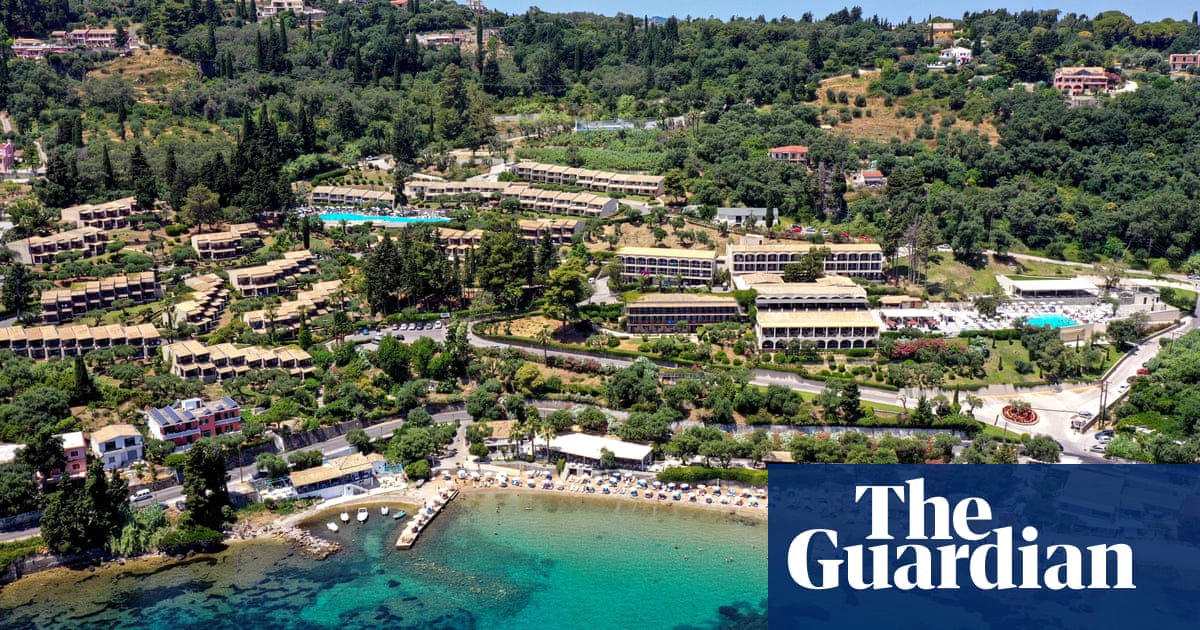
The travel operator Tui has extended the season for Greece and Turkey to November in response to increased demand, after extreme temperatures over the summer disrupted some holidaymakers’ plans.
More people have chosen to holiday in the cooler autumn months, after temperatures in parts of the Mediterranean jumped above 40C over the summer. Tui said demand for the usual final month of the season, October, was 8% higher than last year.
The Anglo-German tourism company, which operates hotels, aircraft and cruise ships, took 13.7m bookings for this summer, up 5% from last year and close to pre-pandemic levels, at 96%.
Sebastian Ebel, the Tui chief executive, said: “We have seen strong demand in the final weeks of the summer season which traditionally runs to the end of October. As a consequence, we recently announced the extension of the season into November in particular to Turkey and Greece, to cover demand outside the traditional summer season.”
He expects global heating will increase demand for cooler destinations in Scandinavia, Belgium and the Netherlands, while the Canary Islands will also “benefit from a more moderate climate”.
Tui had been planning for some time to extend the season, which runs from April until November, as more people want to spend the winter in warmer climates or travel there for sports and cultural activities in the spring and autumn.
The company said its decision to extend the season to mid-November offered holidaymakers more flexibility over when they wanted to travel. Tui is adding about 30,000 seats on planes from the UK to destinations such as Rhodes, Crete and Antalya.
German customers like to spend the winter in Antalya and Tui is extending the offer to British customers.
Winter bookings at Tui have also jumped and are 15% higher than last year, despite a 4% rise in prices. It has sold almost two-fifths of its winter holidays in the UK.
The extreme summer temperatures forced some tourists to cancel or rearrange their travel plans. While Tui says the Mediterranean continues to be the most popular tourist destination, worsening heatwaves and growing fears about the climate crisis may lead to the region losing its allure as a top holiday destination, according to a report published by the European Travel Commission.
The report in July said Mediterranean destinations had experienced a 10% drop in visitors compared with last year while countries such as the Czech Republic, Bulgaria, Ireland and Denmark were becoming more popular.
“We are seeing a strong close to the summer season and we are on course to achieve results in line with expectations,” Ebel said. “Had it not been for the various events during the last few months, which were outside of our control, not least the wildfires on Rhodes, we would have performed ahead of expectations.”












